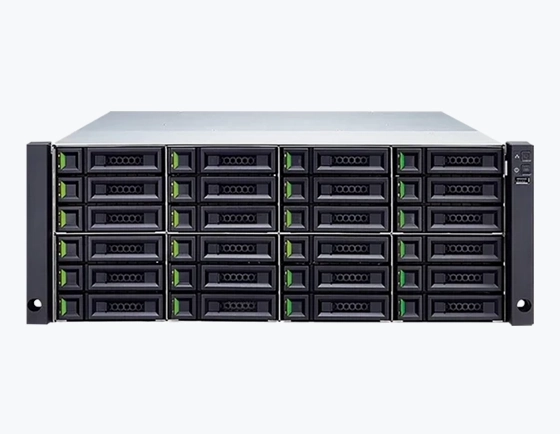SAN systems are high-speed networks designed for block-level data storage, offering exceptional performance, scalability, and reliability, ideal for large organisations. By connecting multiple servers to central storage, they ensure fast, dependable data access. Using Fibre Channel or iSCSI, SANs provide advanced features like deduplication, replication, and snapshots for strong data protection and recovery.
SAN systems can fail due to hardware malfunctions, software errors, or network issues, making data inaccessible or even causing data loss.
Attempting DIY recovery or using incorrect software may seem cost-effective, but it often worsens the situation. In such cases, it’s best to consult data recovery experts who have the skills, tools, and experience to manage complex SAN failures effectively.
Facing hardware malfunctions, software corruption, or accidental deletions? We specialise in SAN systems from top manufacturers like Dell EMC, HP, IBM, and Hitachi. Our data recovery services span the entire UK, covering cities such as Birmingham, London, Glasgow, and Edinburgh.

Understanding common causes of data loss is key to developing effective protection and recovery strategies. Whatever the issue, PITS Global Data Recovery Services is ready to help you recover your data swiftly and securely. For personalised assistance, contact our UK-based experts who will guide you through every step of the process. From minor data issues to major SAN system failures, our team ensures your business data remains secure.
This can range from accidentally deleting files to incorrect configurations to mishandling devices.
This involves issues with the physical components of the NAS device. Overheating, wear and tear, or other physical damage can lead to hard drive failure and data loss.
This can also include issues with the operating system or file system managing the data storage. Firmware corruption or incompatibility can cause data corruption.
Unexpected events such as fires, floods, earthquakes, or other disasters can physically compromise the storage devices and lead to data loss.
Malicious software can infiltrate systems, corrupt data, or even delete it entirely.